11 Health Benefits of Christmas Dinner
Christmas Dinner Surprise

Besides providing you with quality family time and good cheer, Christmas dinner offers a bevy of surprisingly healthy dishes, as long as you don't overdo it. From the main course and yummy sides to desserts and holiday beverages, here are 11 healthy dishes that you can dig into this Christmas.
Honey (Ham)

While ham may not be the best option for your body, its honey coating will surely warm your heart. So if you're going to eat ham, perhaps honey-baked is your best bet. A study conducted by researchers at the University of Illinois at Urbana-Champaign found that honey contains antioxidants that may help protect against heart disease. The findings were presented at the 2002 American Chemical Society's national meeting in Boston. Honey has several other benefits: It helps prolong the freshness of meat products and guards against harmful byproducts of meat oxidation that may increase the risk of heart disease, according to the researchers. The study also showed that the range of antioxidants in honey is comparable to that found in fruits like apples, oranges, strawberries and bananas. Of course, too much ham can be unhealthy no matter its honey content.
Dark Greens
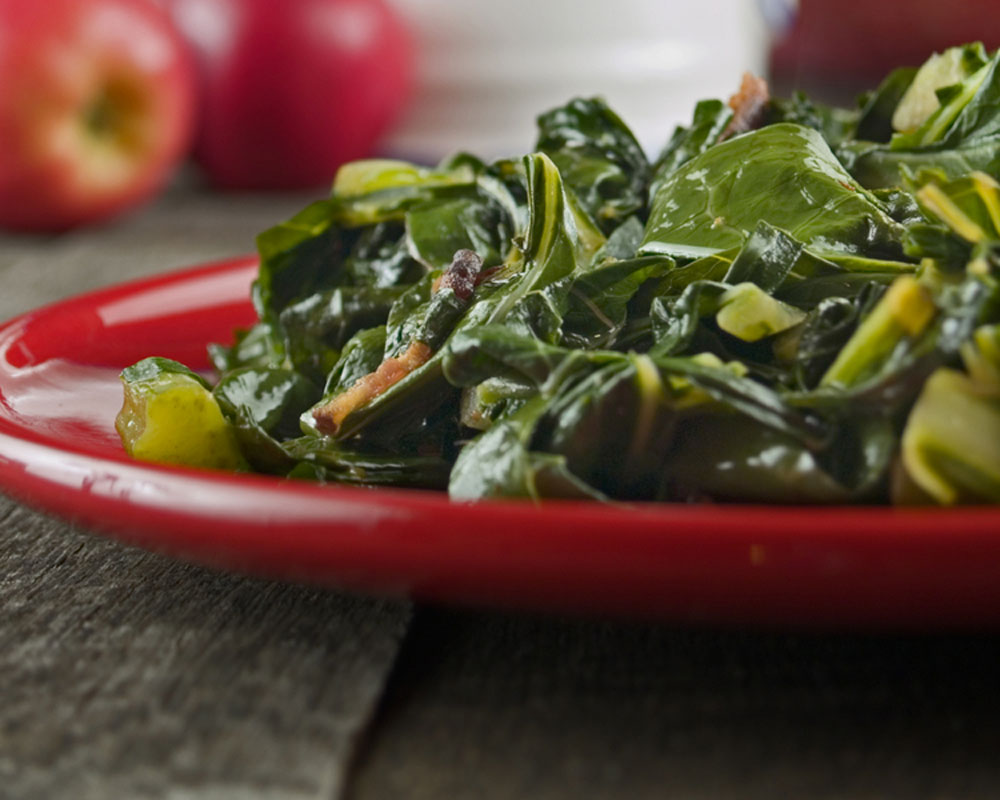
Whether they're in a tossed salad with cranberries and walnuts or served topped with cream, dark, leafy vegetables are a great way to fill up at the dinner table. Collard greens are especially nutritious, according to a study published in the Journal of Agricultural and Food Chemistry in 2002. Collards, which are greens that are in the same family as cabbage and broccoli, are considered a traditional Southern dish. Turns out, they are a rich source of the disease-fighting antioxidant lutein, according to University of Maryland chemist Frederick Khachik. Previous research has shown that lutein may reduce the risk of age-related macular degeneration, which is a common cause of blindness. Lutein is also found in other dark-green, leafy vegetables such as kale and spinach. [6 Easy Ways to Eat More Fruits and Vegetables]
Turkey

Turkey is beneficial, no matter how you cut it. Dark meat or white meat, the gobbler contains tryptophan — an amino acid that is crucial for good health, as our bodies need it to make certain proteins. The body then uses these proteins to help build new cells. According to a 2005 study published in the journal Science, tryptophan can also aid in alleviating multiple sclerosis symptoms. The natural chemical can soothe the overactive immune system of autoimmune diseases such as multiple sclerosis, according to the researchers, who used mouse models in the study. Other tryptophan-rich foods include cheese, nuts and shellfish.
Bread Stuffing
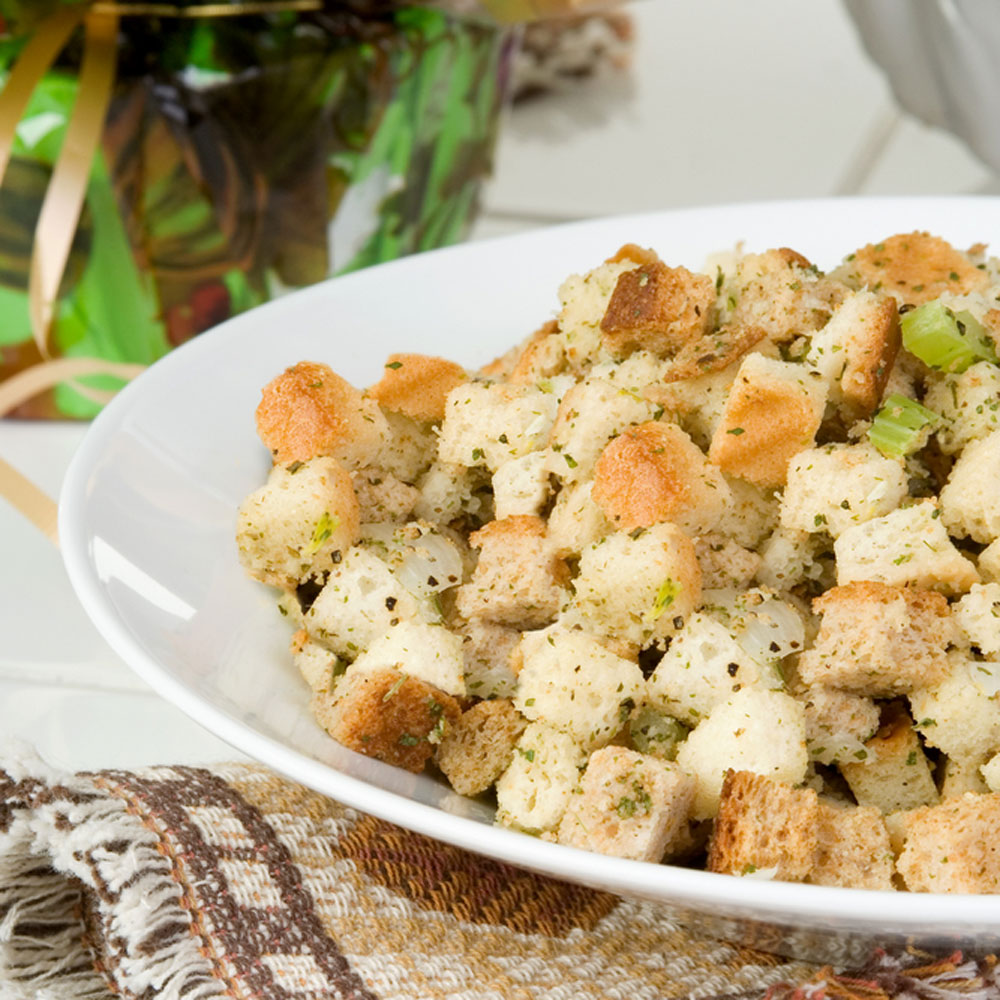
This holiday season, don't shy away from the bread basket. Bread crust is a rich source of cancer-fighting antioxidants, according to a 2002 study published in the Journal of Agricultural and Food Chemistry. German chemist Thomas Hofmann found that the crust — which is plentiful in stuffing — provides more of a health benefit than the rest of the bread. After baking bread using a conventional sourdough mixture of rye and wheat flour, the researchers analyzed its antioxidant content. They found that the process of baking bread produced the antioxidant pronyl-lysine, which was eight times more abundant in the crust than in the rest of the bread. The researchers then applied the crust-derived antioxidant to human intestinal cells, finding that pronyl-lysine is the most effective component in bread for boosting the level of phase II enzymes. Previous studies have shown that these enzymes play a role in cancer prevention.
Canned Corn
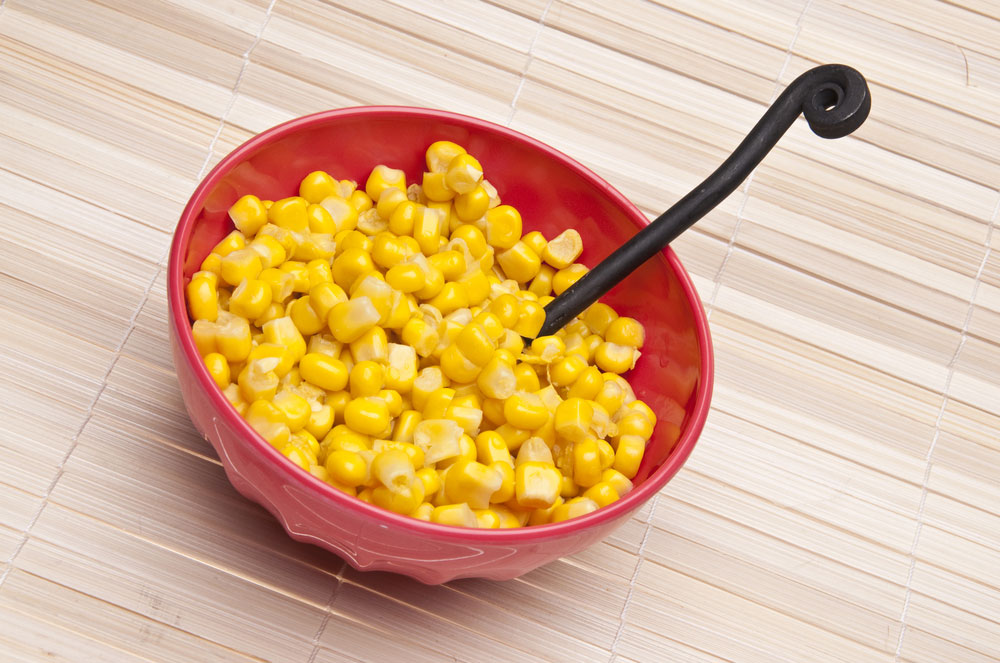
A common side dish at the holiday table, corn straight from the can actually packs more nutrients than fresh corn on the cob, according to a 2002 study published in the Journal of Agricultural and Food Chemistry. The heat processing of sweet canned corn significantly raises the corn's level of naturally occurring compounds called phenolics, said study researcher Rui Hai Liu of Cornell University. These beneficial compounds help fight disease, including cancer and heart disease.
Herbs
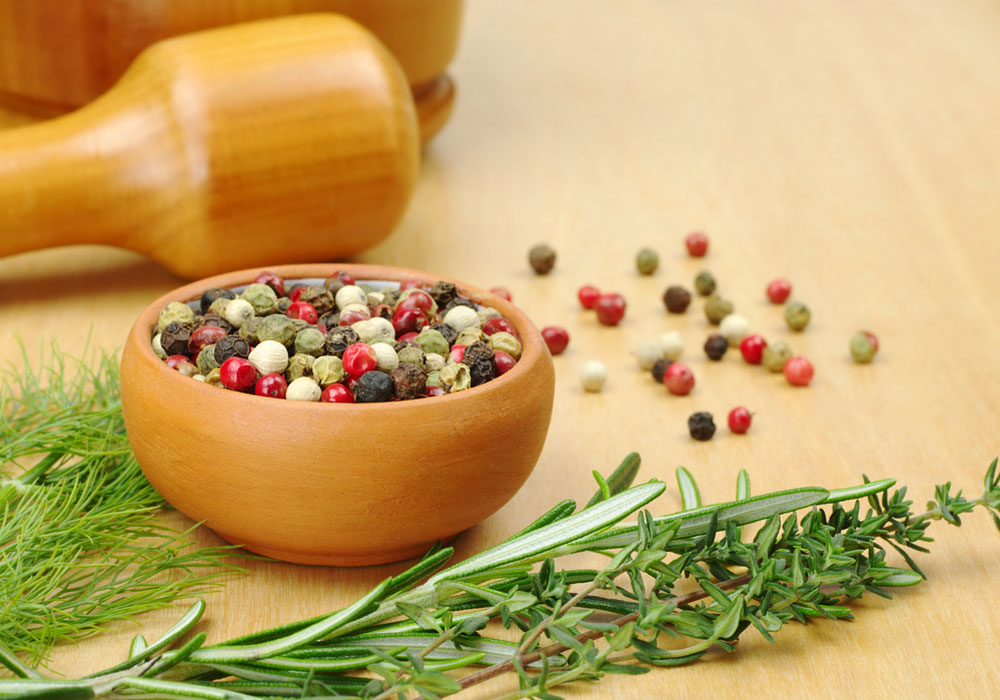
Spice up your holiday dished with herbs and spices such as dill, thyme and yummy peppermint. Although herbs are often used solely to add a dash of flavor, they can also add a kick of antioxidants. For example, just one tablespoon of fresh oregano contains the same cancer-fighting antioxidant activity as one medium-size apple, according to a study conducted in 2002 by researchers at the U.S. Department of Agriculture. The researchers tested 39 herbs, finding that dill, garden thyme, rosemary and peppermint also had significant cancer-fighting activity. The findings were published in the Journal of Agricultural and Food Chemistry.
Get the world’s most fascinating discoveries delivered straight to your inbox.
Cranberries
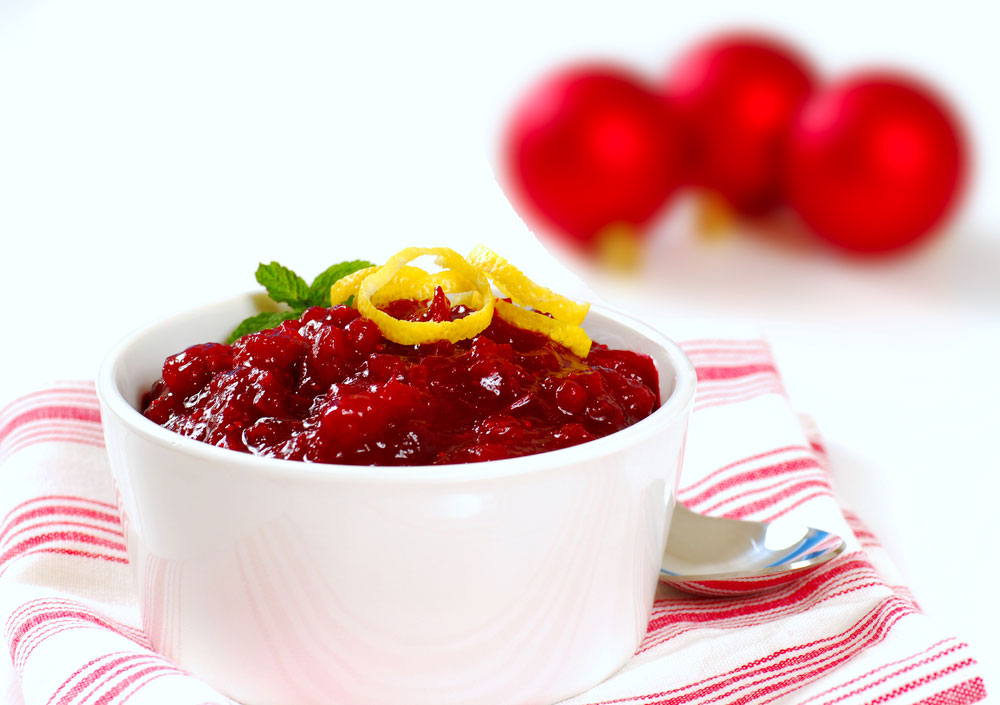
Tangy and tart cranberries are a Christmas dinner staple, and various studies have shown that the red berries are great for your health. A 2007 study conducted by researchers at the Worcester Polytechnic Institute found that compounds in cranberries are able to alter E. coli bacteria in ways that render them unable to cause an infection. Cranberries also rank number-one in antioxidants, according to an antioxidant comparison of common fruits done by chemist Joe Vinson of the University of Scranton in Pennsylvania. Cranberries were found to have the highest quantity of phenols, a type of antioxidant linked to a lower risk of chronic diseases such as cancer, stroke and heart disease. The 2002 study was published in the Journal of Agricultural and Food Chemistry. The berries can also aid in recovering from stroke, according to a 2003 University of Massachusetts-Dartmouth study. Researchers found that cranberries may protect brain cells from dying after a stroke. Furthermore, a 2010 study found that cranberries block molecules that enable bad bacteria to form on our teeth, helping to prevent cavities and plaque build-up, according to researcher Hyun Koo, a microbiologist at University of Rochester Medical Center in New York.
Oranges
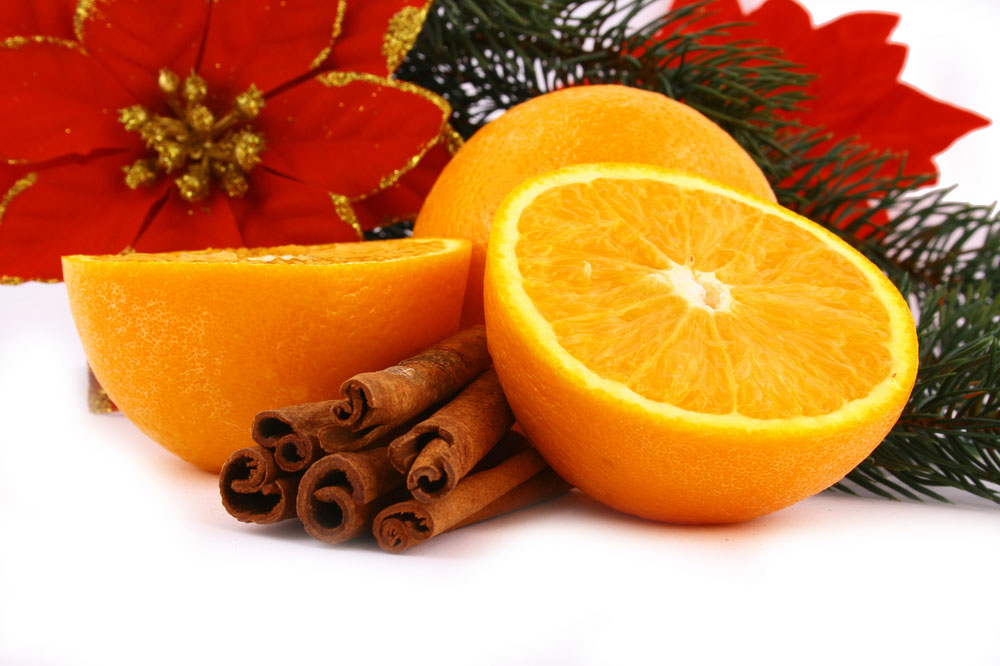
Oranges and clementines — the juicy citrus fruits that are in season during wintertime — are vitamin goldmines. They contain vitamin C and the pigment beta-cryptoxanthin, both of which may act as antioxidants, according to 2005 study. Researchers from the United Kingdom found that even a modest increase in fruit and vegetables containing beta-cryptoxanthin and vitamin C, such as one glass of freshly squeezed orange juice each day, may protect against inflammatory joint diseases.
Pumpkin Pie

If you're trying to decide which pie to whip up for dessert, go with sweet potato or pumpkin pie, suggests researcher Frederick Khachik of the University of Maryland. These pies are rich in alpha- and beta-carotene, which can be converted to active vitamin A. Vitamin A, which is also abundant in carrots, is known to promote healthy vision, according to Khachik. Butternut squash is another great source of beta-carotene, according to the study, which was published in the Journal of Agricultural and Food Chemistry. Spinach, too, is beta-carotene rich so if you want to make your Christmas dinner especially healthy, try a spinach pie.
Coffee

A steaming cup of coffee is a great way to end Christmas dinner, and numerous studies suggest that you should drink up. [Coffee's Mysterious Benefits Mount] People who drink an estimated four or more cups of coffee a day have significantly fewer cancers of the mouth and throat than non-coffee drinkers, according to a 2010 study published in the journal Cancer Epidemiology, Biomarkers & Prevention. A 2010 study conducted by neuroscientists at the University of Lisbon found that regularly drinking up to four cups of coffee a day prevented the deterioration of memory, a neural degeneration associated with brain disorders and aging. Coffee is good for the cardiovascular system, too, according to the Iowa Women’s Health Study, which tracked 27,000 women for 15 years and found that those who drank one to three cups of java a day reduced their risk of cardiovascular disease by 24 percent. However, the researchers noted that this benefit diminished as the quantity of coffee rose above three cups. So go ahead and pour yourself another cup o' Joe — just don't go overboard.
 Live Science Plus
Live Science Plus





